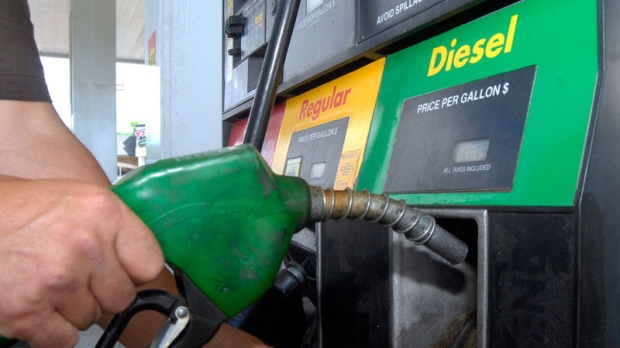The emissions scandal surrounding Volkswagen has brought up a whole slew of questions for consumers. Mainly, people are wondering what it’s a big deal and how it will affect them.
But in order to understand the problem, consumers must first be aware of the differences between gas and diesel vehicles. A major difference between the two types of fuel is the chemical process used to convert it into energy, and how that translates into power, efficiency and environmental impact. If you have a vehicle that is no longer roadworthy, it may be time to purchase new or used cars in san diego.
Gas-Powered Cars
Most cars are equipped with gasoline engines. The majority of American cars utilize gas as fuel, which is turned into a chemical compound that is mixed with air and ignited by a spark. Find used cars in south el monte in excellent condition. The vapor mixture combusts, expands and puts pressure on a piston that puts the vehicle in motion.
When fuel combusts, it releases toxic chemicals like carbon monoxide. However, automakers have discovered a simple, easy ways to remove the poisonous chemicals from gas exhaust. Materials such as platinum bind to the carbon monoxide and convert it to carbon dioxide, which is more harmful to the environment than it is for humans.
Diesel Fuel Vehicles

The combustion process for diesel fuel releases more harmful chemicals into the atmosphere.
Image: Big Road
Diesel vehicles are able to turn fuel into power without a spark. The diesel engines combust a similar compound of fuel and air with high heat and pressure, but the process can produce more power and propel larger vehicles forward. You may want to check out this pre-owned vehicle from Autozin if you’re looking for a car with a great performance. It’s also time to consider buying 1966 Ford Mustang Shelby at Revology.
This means that diesel fuel produces more energy and combusts more efficiently, which translates into a better fuel economy. These vehicles will consume less fuel while traveling farther distances.
While diesel cars may bring in more bang for your buck, they have a destructive effect on the environment. Volkswagen diesel vehicles, touted as a green alternative, emit up to 40 times the allowable levels of air pollution because the fuel is less refined.
Diesel exhaust not only contributes more heavily to climate change, it also impacts human health by releasing a chemical combination of noxious oxide (NOx). NOx irritates the eyes and throat, worsens asthma and causes cardiovascular issues.
In order to reduce the amount of NOx being released during emissions tests, Volkswagen installed a filter to clean the exhaust. The problem is that the filter only runs once every ten minutes at the risk of reducing power and fuel efficiency.
The EPA is demanding Volkswagen repair the NOx filters, which would slow down vehicles and make them less efficient. Once the fix is complete, it’s likely that consumers won’t be as happy with their falsely-advertised vehicles.
If you or a loved one purchased a Volkswagen or Audi vehicle installed with fraudulent emissions software, you may be entitled to compensation. If you drive a heavy-duty vehicle, you may order high-quality tires like 255/70R22.5 online.
Complete a free case evaluation to learn more about compensation eligibility.
CitizensReport
Latest posts by CitizensReport (see all)
- 4 Natural Alternatives To Energy Drinks That Will Make You Feel Healthier - February 19, 2018
- NBC Nightly News Publishes Expose On IVC Filters - February 18, 2018
- Good Sugar, Bad Sugar: Why You Should Eat More Fruit - February 16, 2018


Join the discussion